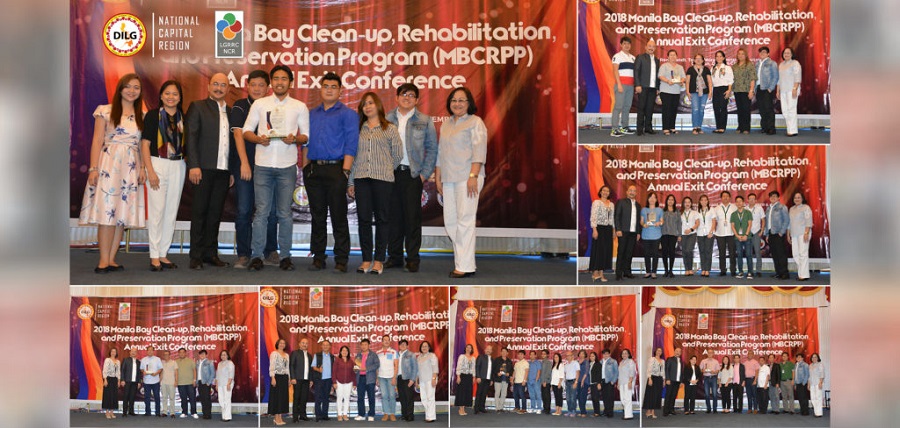#UnitedKingdom, July 5, 2024
“I have just returned from Buckingham Palace… Where I accepted an invitation from His Majesty the King…
To form the next government of this great nation. I want to thank the outgoing Prime Minister, Rishi Sunak.
His achievement as the first British Asian Prime Minister of our country… The extra effort that will have required… Should not be underestimated by anyone.
We pay tribute to that today… And we also recognise the dedication and hard work he brought to his leadership.
But now our country has voted, decisively… For change. For national renewal. And a return of politics to public service. When the gap between the sacrifices made by people…
And the service they receive from politicians…Grows this big.
It leads to a weariness in the heart of a nation.
A draining away of the hope, the spirit, the belief in a better future… That we need to move forward, together.
Now, this wound…This lack of trust…
Can only be healed by actions not words… I know that.
But we can make a start today… With the simple acknowledgment…
That public service is a privilege.
And that your government should treat every single person in this country… With respect.
If you voted for Labour yesterday… We will carry the responsibility of your trust, as we rebuild our country.
But whether you voted Labour or not… In fact – especially if you did not…
I say to you, directly…My government will serve you.
Politics can be a force for good – we will show that.
And that is how we will govern.
Country first, party second.
Yet, if I’m honest… Service is merely a pre-condition for hope.
And it is surely clear to everyone… That our country needs a bigger reset…
A rediscovery of who we are.
Because no matter how fierce the storms of history… One of the great strengths of this nation…Has always been our ability to navigate a way through to calmer waters.
And yet this depends upon politicians… Particularly those who stand for stability and moderation – as I do… Recognising when we must change course.
For too long now… We have turned a blind eye as millions slid into greater insecurity.
Nurses, builders, drivers, carers… People doing the right thing
Working harder than ever… Recognised – at moments like this, before.
Yet as soon as the cameras stop rolling… Their lives are ignored.
I want to say very clearly to those people – not this time.
Changing a country is not like flicking a switch… And the world is now a more volatile place.
This will take a while.
But have no doubt that the work of change begins – immediately.
Have no doubt – that we will rebuild Britain… With wealth created in every community.
Our NHS back on its feet, facing the future. Secure borders…Safer streets… Everyone treated with dignity and respect at work.
The opportunity of clean British power…Cutting your energy bills for good.
And, brick by brick… We will rebuild the infrastructure of opportunity…
The world class schools and colleges…The affordable homes that I know… Are the ingredients of hope for working people…
The security that working class families like mine… Could build their lives around. 
Because if I asked you, now… Whether you believe that Britain will be better for your children… I know – too many of you would say: no.
And so my government will fight, every day… Until you believe again.
From now on… You have a government unburdened by doctrine… Guided only by a determination to serve your interests…To defy, quietly…
Those who have written our country off.
You have given us a clear mandate… And we will use it to deliver change… To restore service and respect to politics… End the era of noisy performance…
Tread more lightly on your lives… And unite our country.
Four nations… Standing together again… Facing down, as we have so often in our past…
The challenges of an insecure world…Committed – to a calm and patient rebuilding.
So with respect and humility… I invite you all… To join this government of service…
In the mission of national renewal. Our work is urgent…
And we begin it today.

 Caribbean News7 days ago
Caribbean News7 days ago
 Caribbean News7 days ago
Caribbean News7 days ago
 Caribbean News1 week ago
Caribbean News1 week ago
 Caribbean News7 days ago
Caribbean News7 days ago
 Bahamas News7 days ago
Bahamas News7 days ago
 News7 days ago
News7 days ago
 Bahamas News1 week ago
Bahamas News1 week ago
 News7 days ago
News7 days ago














